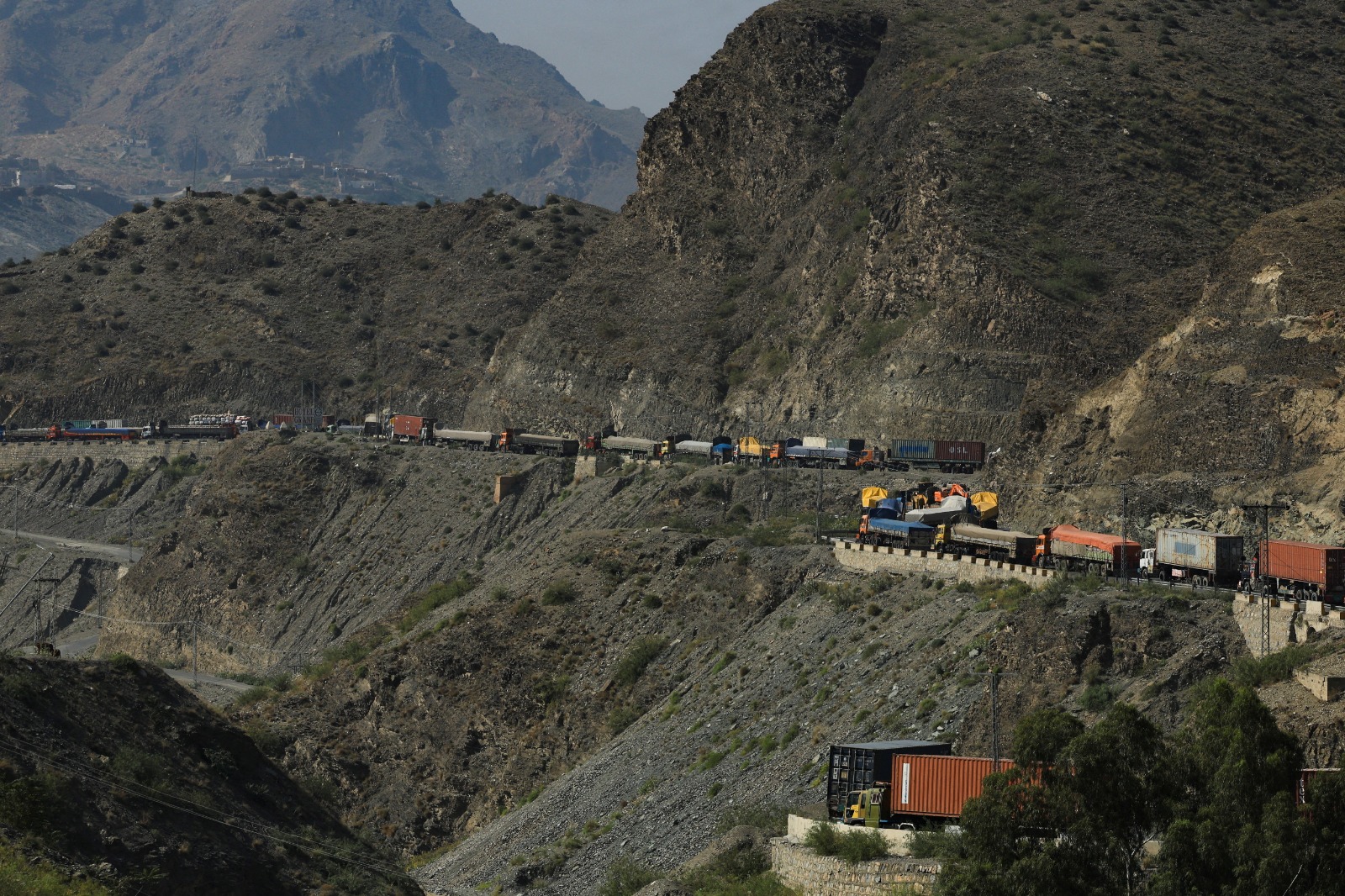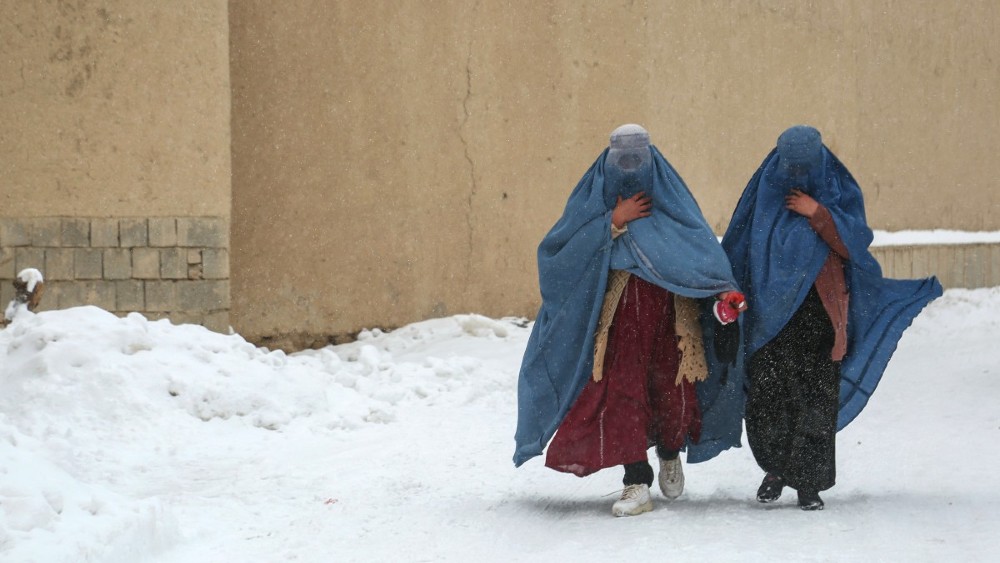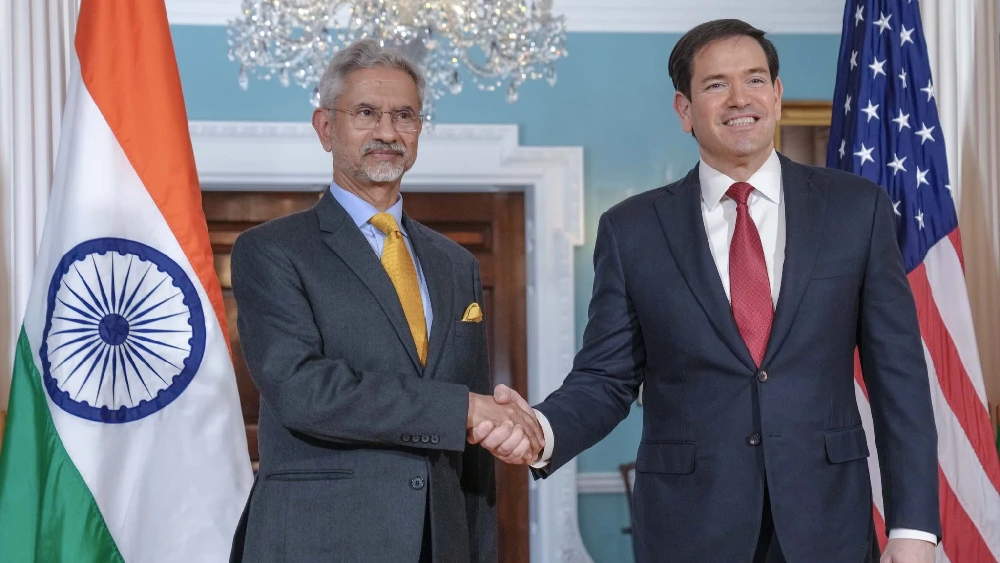PESHAWAR: Security concerns have once again overshadowed trade at the Pakistan–Afghanistan border, where hundreds of trucks carrying Afghan produce remain stranded at the Torkham crossing amid escalating tensions between the two neighbors.
The closure followed a series of cross-border clashes between Pakistan and Afghanistan after, according to Pakistani military officials, Taliban fighters and affiliated militants attempted to infiltrate across the frontier. Relations between the two neighbors have since remained strained, with trade through key crossings suspended. A ceasefire between the two sides was finalized in Doha on October 19, with the next round of talks scheduled to take place in Istanbul.
Pakistan has repeatedly urged the Afghan interim government to take “credible and effective action” against the Tehrik-e-Taliban Pakistan (TTP) and similar groups launching attacks from across the border. But officials say those requests have gone unanswered, forcing Islamabad to prioritize national security over trade.
Officials have stated that Pakistan’s security concerns take precedence over trade, emphasizing that cross-border commerce can only resume once the frontier is secure and free from militant activity.
Afghan exports rot as border stays shut
For weeks, hundreds of trucks laden with fresh Afghan produce, tomatoes, onions, grapes, and pomegranates, have been stranded at Torkham. With no access to Pakistani markets, the goods are spoiling in the heat, costing Afghan traders millions of dollars in losses.
“This has been happening for years, but this time it’s worse,” said Soleiman Safi, an Afghan fruit wholesaler based in Peshawar.
“Our fresh produce is rotting before it reaches the market. I’m now thinking of switching to importing coal. It doesn’t spoil.”
While Pakistan also faces trade losses, its diversified economy can absorb the shock. Afghanistan, however, remains critically dependent on cross-border commerce.
Economic fallout hits Afghanistan hard
According to the Afghan Ministry of Agriculture, Irrigation and Livestock, Afghanistan consumes about 6.8 million metric tons of wheat annually but produces only 4.8 million, importing the rest, mostly from Pakistan.
Similarly, the country’s sole sugar mill in Baghlan province, which restarted operations in early 2025 after decades of closure, can meet only a fraction of domestic demand. The majority of sugar imports also come from Pakistan.
Without this trade, Afghan consumers face rising food prices and shortages of essentials such as wheat flour, rice, cooking oil, and processed foods.
Business leaders call for swift resolution
Junaid Altaf, president of the Sarhad Chamber of Commerce and Industry, said the closure is causing severe financial losses.
“We estimate losses of nearly one billion rupees a day from the Torkham crossing alone,” he told Pakistan TV Digital. “We have urged our counterparts in Afghanistan to press their government to normalize the situation so trade can resume.”
Limited alternatives, lingering challenges
Kabul has explored alternate trade routes through Iran’s Chabahar Port and via Central Asia, but traders say these are costly and impractical substitutes for the shorter, better-developed Pakistani corridor.
“For time-sensitive exports like fruits and vegetables, there is no alternative to Pakistan’s route,” an Afghan logistics operator said.
Officials in Pakistan Customs confirmed that “all preparations for reopening have been completed,” and staff are “on standby,” but added that the final decision depends on security clearance from higher authorities.
As Afghanistan’s economy continues to reel, Islamabad maintains that the solution lies not in seeking alternative trade routes but in tackling the security threats that have strained cross-border ties.
“A stable, terrorism-free border is the only prerequisite for trade to resume in full,” a senior Pakistani official reiterated.




.jpg)
.jpg)
